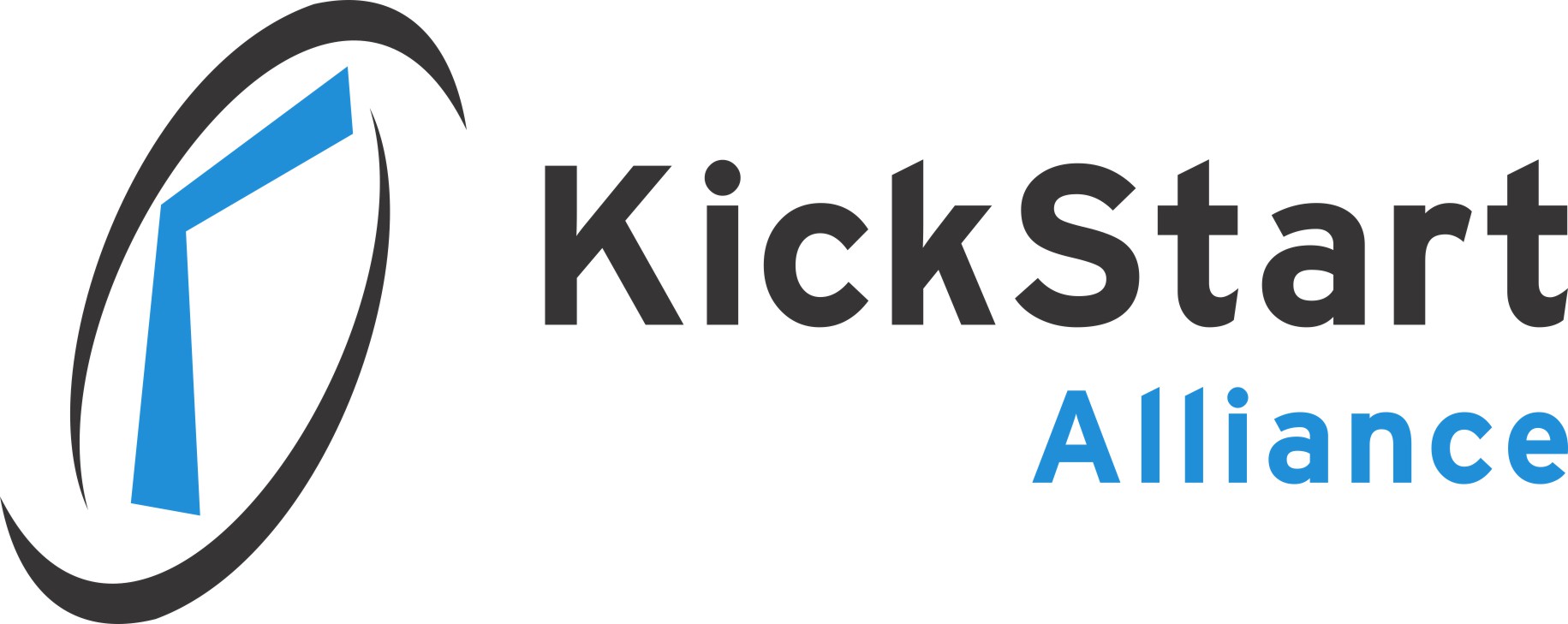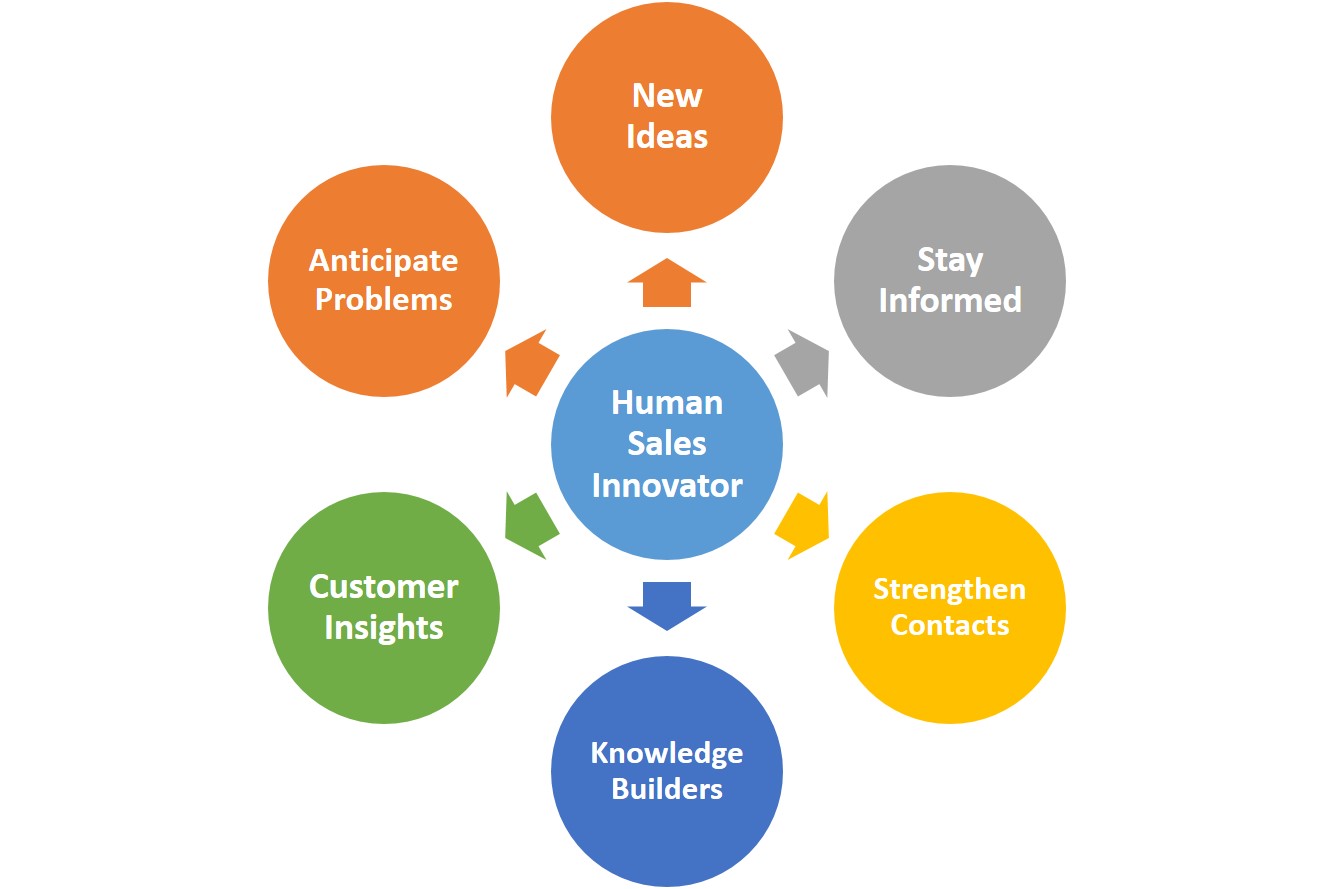CRM is making sales people dumb. “No, absolutely not, that’s heresy” shouts Salesforce.com, Velocify, SugarCRM and sales management. When sales people act like robots inputting data and taking action without thinking, the answer is YES. Unfortunately, the answer is yes far too often and far more often than you think.
Have you ever followed your GPS to a destination only to think “that was a stupid route”? We have all done that at least once. Blindly following the GPS instructions assuming that it is “smarter”. That might bring forward the topic of self-driving cars but let’s save that topic for another day.
CRM is customer relationship management. Okay, you knew that. But, what’s the real focal point of your CRM system? Is it the customer? The relationship? Management? What about the sales person? Yikes! None of those are the focal point. The focus of CRM business process, training and system design is data entry. How often have you heard “garbage in, garbage out”?
Sales management needs to generate weekly forecasts. Sales operations needs to provide sales reports. Sales people need to recount their work activity. Compensation, performance evaluations, jobs and careers are at stake. Okay, I get that. But let’s fix the critical design problems so that human creativity is the fulcrum, not CRM data entry.
There are two critical design problems that need to be addressed: CRM training and system design.
CRM training: How much of training is dedicated to data entry? How much of CRM training is dedicated to developing insights, building knowledge or improving best practices? Too often it is 100% on data entry or at best 80/20. Flip the switch. Focus on insights, knowledge and best practices. Data entry should be automated where possible, using external sources for structured data.
System design: What is the first thing that a sales person sees when they enter CRM in the morning? Is it a list of tasks or are they provided with insights and knowledge? Please prove me wrong, but I have never seen a CRM system that presents knowledge and insight ahead of tasks and assignments. People will want to utilize a system that respects their intelligence and helps them optimize performance.
Humans are good at critical thinking, finding solutions and creative approaches to problem solving. Have your CRM system help the sales-humans with that.
- Deliver customer insights with news updates and industry announcements that keep sales people informed.
- Bring relationship information to the forefront when contacts make changes that open possibilities to renew, build or strengthen a connection.
- Produce management insights that leverage best practices, creativity and innovation for success.
Computers are champions at monitoring, vigilance and highly repetitive tasks, so optimize your CRM system to perform those for the benefit of the innovative humans that it serves.
The 22 November 2014 WSJ article “Automation Makes Us Dumb” inspired this tirade. Here’s a link to the article: http://online.wsj.com/articles/automation-makes-us-dumb-1416589342
Automation does not have to make us dumb. We can change that with human-centered automation. Let’s start with CRM and put sales creativity of our human intelligence back into the center.
Companies have spent millions of dollars helping to provide automation tools for knowledge workers. Finance loves their ERP system. Human resources adores their HRIS. Sales can’t live without CRM. But, have we put humans in the center of the system or is the system at the center of human efforts?

